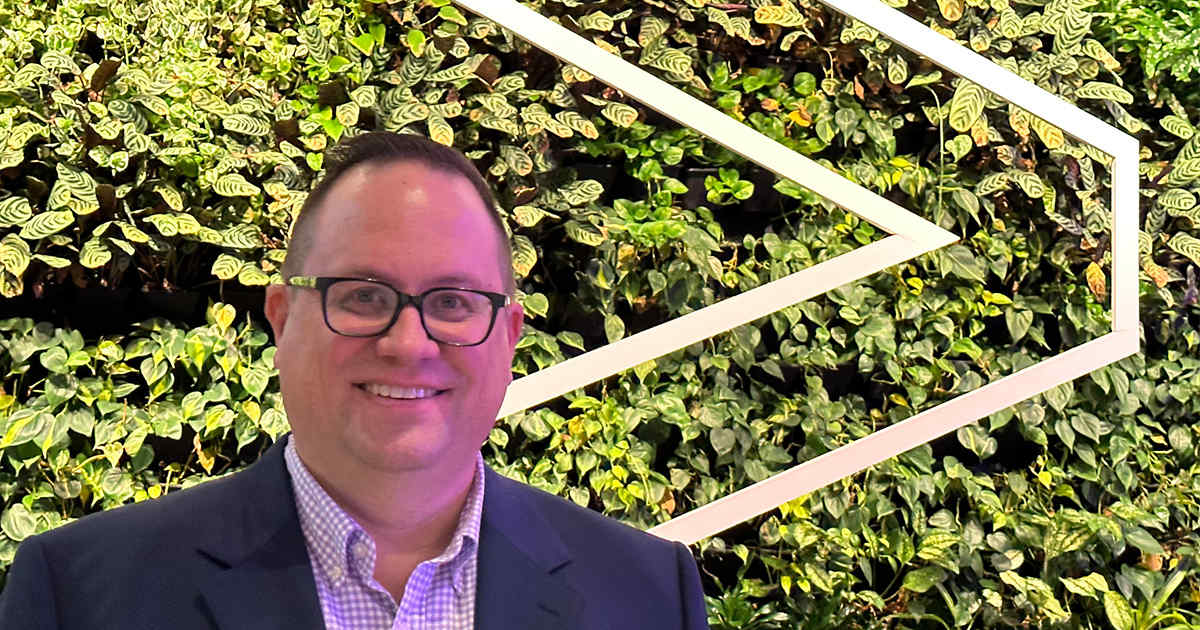
@ShahidNShah


That's just one of the findings from new Accenture research showing how the algorithms behind apps like ChatGPT could fundamentally transform healthcare processes and clinical workflows. The future of healthcare might be drastically changed because to improvements in large language AI models, the technology that underpins programmes like ChatGPT, according to a new paper on generative artificial intelligence from research and consultancy firm Accenture. The report claims that generative AI will have a significant positive impact on human creativity and productivity. According to the report, 89% of healthcare payer executives and 98% of healthcare provider executives think that generative AI developments are ushering in a new era of enterprise intelligence. Language-based AI might support or supplement 40% of all healthcare labour hours. More than half of healthcare organisations are planning pilot projects this year that will employ ChatGPT for learning reasons.
Generative AI can augment healthcare workforce working hours in several ways:
By automating repetitive tasks, assisting with decision-making, and improving efficiency, Generative AI can help healthcare professionals manage their workload effectively and extend their available working hours.
Continue reading at healthcareitnews.com
The Med-PaLM 2 has the ability to review X-rays and mammograms, write reports about images and respond to follow-up questions from caregivers. Google is upgrading its Med-PaLM 2 large language …
Posted May 12, 2023 X-ray Artificial Intelligence
Connecting innovation decision makers to authoritative information, institutions, people and insights.
Medigy accurately delivers healthcare and technology information, news and insight from around the world.
Medigy surfaces the world's best crowdsourced health tech offerings with social interactions and peer reviews.
© 2025 Netspective Foundation, Inc. All Rights Reserved.
Built on Apr 17, 2025 at 6:07am